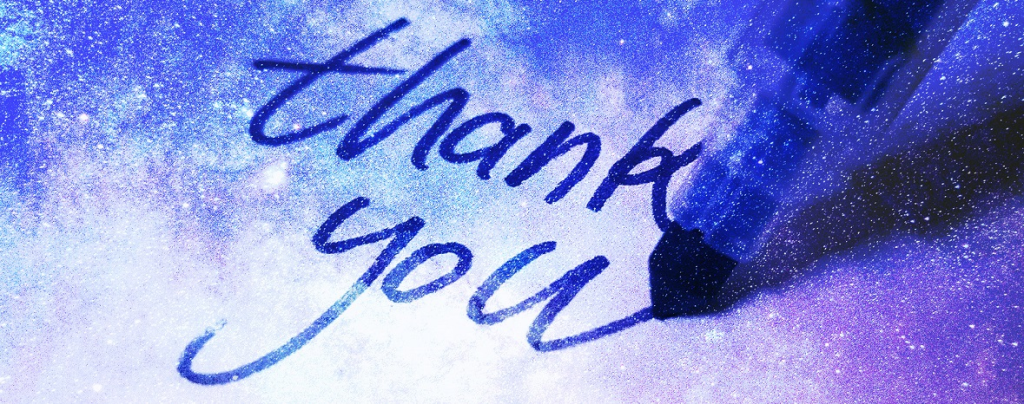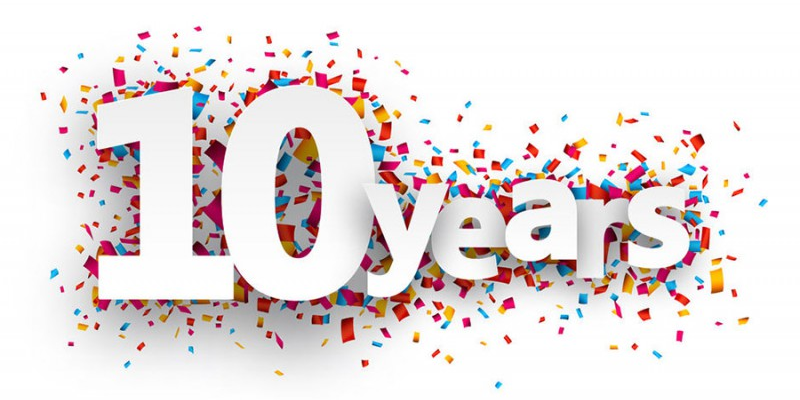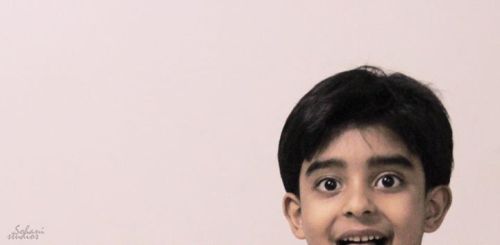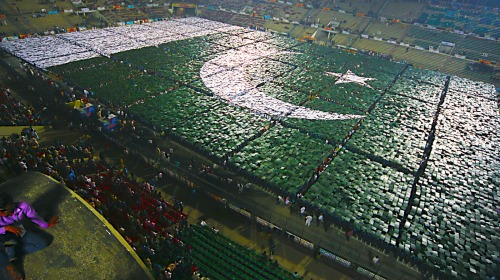
World’s Largest Man Made Flag (In 2012)
Pakistan – 6th largest nation of the world – in terms of population.
Let’s have a look at the records we proudly hold…
- Highest mountain peaks in the world.
- Second largest salt mine in the world (Khewara).
- Third largest dates exporter and milk producers in the world.
- Fourth biggest gas reserves.
- Fifth biggest coal mine.
- Sixth biggest gold mine (Recodik).
- World’s largest glacier.
- Largest deep-sea port in the world (Gawadar).
- Ninth largest sub-tropical desert in the world (Thar).
- One of the world’s tallest and toughest cliffs to climb (Trango towers).
- Largest irrigation system of the world (Canal network)
- Largest producer of chickpeas.
- Only Muslim nuclear power in the world.
- Pakistan ranks fourth in world as IT service provider to overseas clients.
- Largest ambulance network in the world.
- Highest paved international road.
- More than 50% of the world’s footballs are made in Pakistan.
- Fourth largest broadband system in the world.
- World’s largest man-made forest in the world.
No doubt, we are a proud nation indeed, and there’s plenty of evidence to back our hard work, determinism, and action-oriented attitude.
Now, let’s have a look at other side of the picture:
- Pakistan ranks top in Global Gender Inequality Chart.
- Pakistan ranks third on Global Terrorism Index.
- Pakistan ranks 3rd in Global Slavery Index.
- Pakistan ranks 77th in Global Food Security Index.
- Pakistan ranks 5th among 22 highest TB burden countries and 4th highest among Drug Resistant TB, globally.
- Pakistan ranks 86 in E-commerce Index.
- Pakistan Ranks 7th in World – High prevalence of diabetes.
- IntelCenter’s CTI ranks Pakistan eighth most dangerous country.
- Pakistan ranks 149th in World Peaceful Countries.
- Pakistan ranks 137th in Global Competitiveness Index.
- Pakistan ranks the bottom for countries with women managers.
- 126th least corrupt nation out of 175, according to 2014 Corruption Perceptions Index reported by Transparency International.
Did you observe the contrast?
If we compare luck and fortune we have had due to area of land that we own as a sovereign state, in parallel to our man-made accomplishments specially in contrast to population that we have, we would come to notice a fact that we’re too fortunate to be naturally abundant, but yet so far in terms of accomplishments… We’re good not best, and thankfully bad not worst, but there’s hardly any doubt in this that we as a nation can definitely do a lot better considering all the capacity we have.
Courtesy to the natural instincts of a common country man, reaction to these facts is usually not that rational, many of us would choose to be defensive. It’s quite easy to say, we shouldn’t blame our country or criticize it for what’s actually the mistake of its people, like many would say “what our decent country has to do, if people (as majority) in it are not being up to the mark” of purity (in terms of quality) for which country’s very name (PAKISTAN – the land of pure) was selected. Many would swear, that nothing’s wrong with our country it’s just the people who’re messing it up time and again… majority making irrational choices, thinking of self before of others, or thinking of immediate day or month often more than thinking of long-term sustainability and lasting consequence.
But, let’s be honest, we never call a construction made up of rooms and roof – a”home” unless it’s filled with people – the family that lives in it and personalizes it, without them at its best it would merely be referred as “house”. Quite similarly, a state is a country, only due to its people – the nation, otherwise it’s just a piece of land. We, the humans don’t associate ourselves with piece of rock, it’s the people in the end that we bond with, those whom we interact with, those we work along with, and those along whom we build stuff, a framework that would either help ourselves and other people around to succeed or for them to fail more often.
We are the people – the nation, and it’s from us, the country holds its name. So, what’s stopping us, from unleashing our talent? Why emergence of art, science, technology or any other applied field of education, isn’t producing a good ratio of the talent and competence in comparison to our population? And when it’s producing some quality, why isn’t it well focused on ridding the national level problems?
Why in terms of most, we get referred as well-populated but under-educated, capable but not empowered, sincere but not well-aware, enthusiastic but not well-informed, competitive but not well-equipped, and talented but those who seldom come across opportunities in their own land.
Perhaps, due to what majority of us are continuously struggling with each day…
- Top 3 prevalent issues:
- Healthcare problems
- Lack of free and quality education
- Unemployment
- Top issues as a state:
- Poverty
- Security – Law and Order/ Terrorism
- Corruption
- Top utility/ infrastructure level issues:
- Electricity
- Water
- Garbage disposal
- Natural Catastrophes/ Crisis Management
- Transportation
- Top issues among educated or well-resourced/ well-positioned:
- Fashion before function.
- Materialism over essence.
- Quota and references over merit.
- Owning for today than growing for future.
- Media less in information, more in sensationalization.
For those who are well in both the resources and spirits, choose to work for foreign nations, sighting reason that it’s less for lurid pastures and more for a fact that they receive more criticism than positive vibes from their own people… mostly noting that our governments and even majority of nation is not that supportive and encouraging of them for their talents. Here one mistake of the career means a total wash-out of reputation for a talent, while many mistakes of the past actually make a fine politician, we would gladly refer as “experienced”.
For survival in 21st century, we all need to remember one thing, that to keep ourselves in any competition, and to enjoy fruits and perks of being independent and sovereign, we need to be intellectually and technologically competent, we can’t even sustain the place we’re at right now, should we stay stagnant, let alone derailed.
Questions of independence day of 2015 are not…
- What sacrifices our ancestors made for this country…
- How hard it was to fight the battle of independence…
- Who were the top leaders that did their best to make it a sovereign land…
These facts are no doubt important, but we have known and regressed them repeatedly for years… Every channel on radio and the television, along countless other media sources pin-points and regresses them, especially preparing lavish promos to be featured in national days. But it seems, today we as a nation, we’re far more proud of our achievements of past, than being concerned and focused about our state of future.
Wars of the future, are not going to be fought on the land, with might and power, as much they are going to be fought on the mind fronts. The countries have a race to progress and development on the basis of education, culture, competencies and skills. Without them we’re not going to be strong enough (read: smart enough) to be able to defend ourselves or keep up our composure let alone linger on what we’ve achieved so far…
Today’s most pressing issue is not what you’ve earned in inheritance, all freedom, independence and established state (what we’re blessed with, since our birth, like a child born with a golden spoon in its mouth), something our ancestors worked hard for; But focus is on a question, how really independent we’re with those pressing concerns highlighted above, and are we going to stay independent if those issues are not going to be resolved, step by step, by efforts put in by each of us?
On my way to the event, I met a man, a laborer who was working on the streets, I asked him, “Chutti nahi mana rahay aazadi k din? – Didn’t you get a day off to celebrate independence day?”, He replied, “Chutti nahi bana raha Sir, magar Mulk bana raha hun…” (Celebrating a day of independence not by holiday but by cheerfully working for the progress of state).
As much as we remember to remain proud of our historical achievements and records, we should also not forget – to be pensive about the burden that we carry on our shoulders, to work on things that we all need to do, the part we all require to play as a nation, to keep our independence sustainable. Let’s exercise our today’s freedom and independence to build a sustainable one for the future… After all what would be a bigger independence than independence of mind to think, and a will to try… 🙂
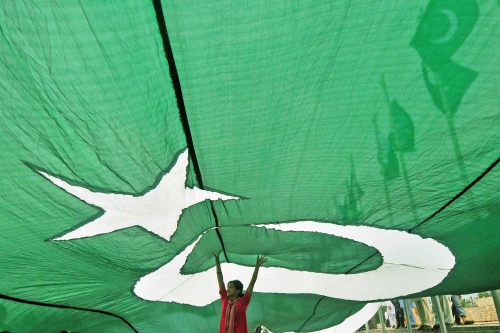
Gaining a top place in the race is often easy in comparison to retaining it for long…
—
Some of the solutions that emerged in discussions for the problems listed above. (Listing them from my notes, please feel free to contribute more in comments):
- Electricity – Solar Panels, Wind turbines, Water Dams, Self-optimizing panels
- Health – Awareness programs (since prevention is better than cure), online clinics, health camps,
- Unemployment – Micro-finance loans, foreign projects and investment, skill and competency training,
- Education – NGOs and non-profits, e-education, edutainment, scholarships, fellowships, education in exchange of employment contracts, study loans.
- Garbage – Awareness programs, National Recycling Day, Recycling competitions in education institutions, garbage disposal training and special units.
- Natural catastrophes – Awareness for preparations, crisis management training and workshops, a better planning for uncertainties.
- Water – Rain water harvesting, filtration plants, awareness campaigns to save water from wastage.
- Transport – Mass transit systems, smart bridges, automated traffic lights, toll based by-pass roads.
- Corruption – Citizen based reporting, media focus, check and balance systems, transparency and profiles as e-records.
One of the quickest and effectively applicable approach:
For all the assignments, projects, thesis and dissertations, if all our educational institutions start to put incentives (credit hours, scholarships, exposure, grants) for students to pursue research and development in top 10 problems of the country; even if we start completely copying the research and experiments done by the foreign countries, in our localities on a small-scale, throughout the tenure of students from matriculation to their higher graduation studies… our country would definitely start to flourish faster via practice of an applied education by the biggest asset that this nation has – its youth.
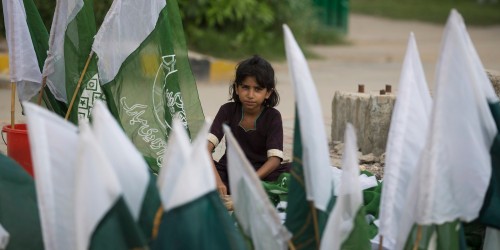
For any state to continue development its pillars need to be stable, for country that has youth as its backbone, needs to be firm with education, along awareness of challenges of the future.
— Excerpts from the key-note written for Independence Day celebration events that I along my team (Raheel Virani, Fareed Virani, Shahzaib Ratancy and Alishah Solanki) got invited to participate in, to engage the audience.
Image Credits:
- jworldtimes.com
- B.K. Bangash/ AP Photo
- Arif Ali/AFP/Getty Images

